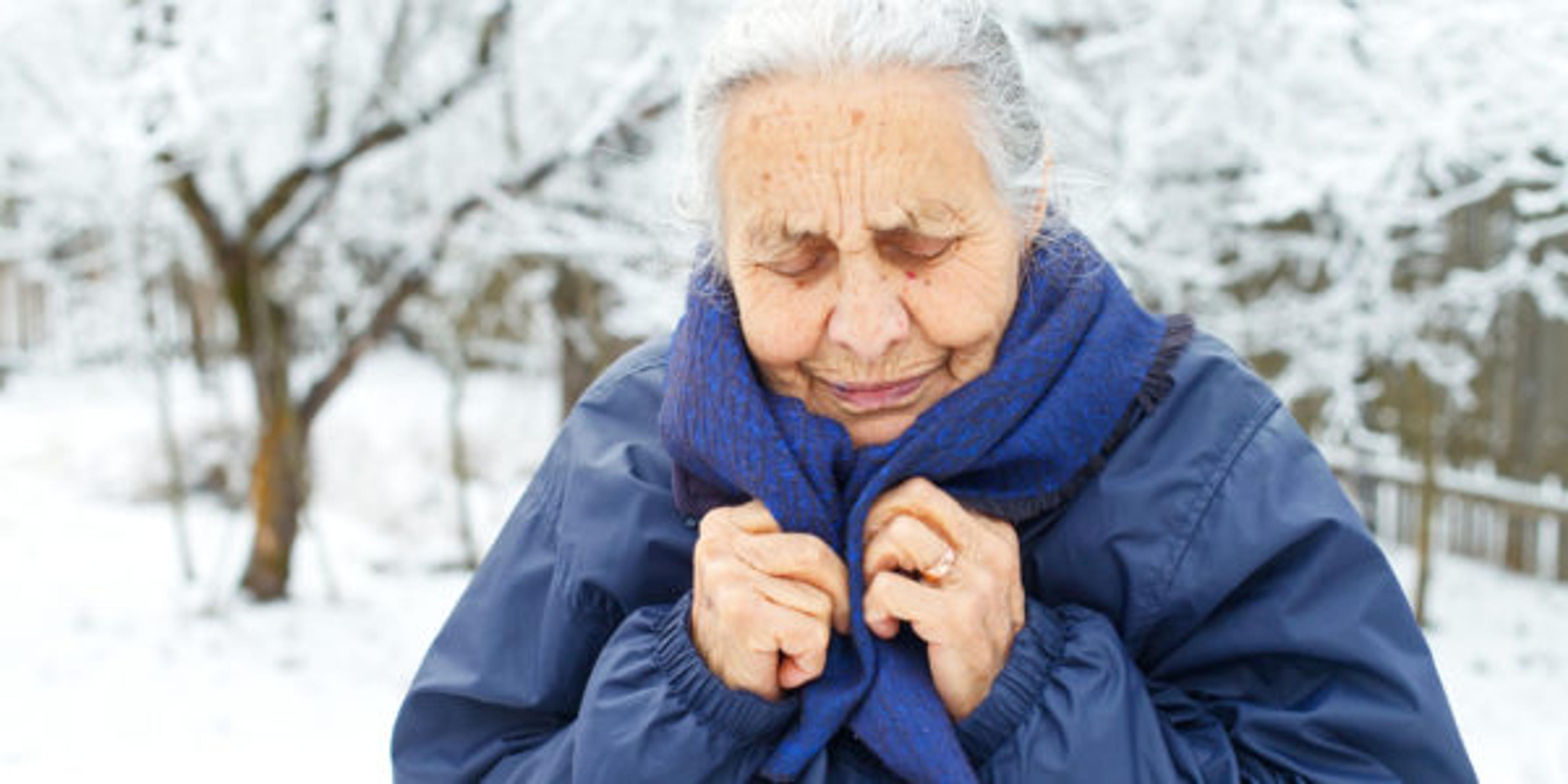How Weather Affects Your Lungs and COPD
Jake Newby
| 3 min read

Extreme weather – like the kind Michiganders face each winter – can be rough on people with chronic obstructive pulmonary disease (COPD).
Sure, that winter wonderland at the turn of the year looks beautiful and festive, and most everyone enjoys the beach weather brought on by the summer. But some definite caveats come with those two seasons if you are one of the 16 million people living with COPD.
Cold weather
COPD exacerbations occur when your respiratory symptom gives you prolonged fits. Warning signs, according to COPD.com, of an oncoming exacerbation include: More coughing, wheezing or shortness of breath; changes in the color, thickness or amount of mucus; ongoing fatigue; swelling of the legs or ankles and difficulty sleeping.
A 15-year study showed that more than half (1,052) of the 1,728 exacerbations found in subjects occurred in the cold winter months between November and February. Another study found that colder outdoor temperatures were linked to increased respiratory symptoms, increased rescue inhaler use, and decreased lung function in former smokers with COPD.
Strong wind and temperatures below 32 degrees present the most troublesome time of year for people with COPD, who face increased mortality, higher hospitalization rates, and a lower quality of life in cold weather seasons.
How to prepare for the winter and counter the cold:
- Get your annual flu shot.
- Wear a scarf that covers your mouth and face.
- Consider buying a humidifier to turn on indoors during the winter.
- Avoid strenuous physical activity outdoors, such as jogging and shoveling snow.
Hot, humid weather
If you have COPD, the summer heat may not be quite as arduous on your lungs as the cold winter air is, but the summer is still something to protect against.
Humidity and temperatures north of 90 degrees can also cause exacerbation. Extremely hot weather makes the body work harder to maintain a normal temperature. This can cause shortness of breath and airway inflammation.
Additionally, heat can cause stagnation in the air. When the air is stagnant, air pollutants don’t flow as well and can become more concentrated. Pollutants becoming highly concentrated and trapped in the air further exacerbates symptoms of COPD.
How to prepare for the summer and beat the heat:
- Drink plenty of fluids/water.
- Limit outdoor outings to the early morning or the late evening after the sun sets.
- Wear loose, lightweight clothing while outside.
- Don’t overexert yourself while exercising outdoors.
- Keep windows and doors closed while indoors to keep air pollutants out.
Related:
Photo credit: Getty Images





